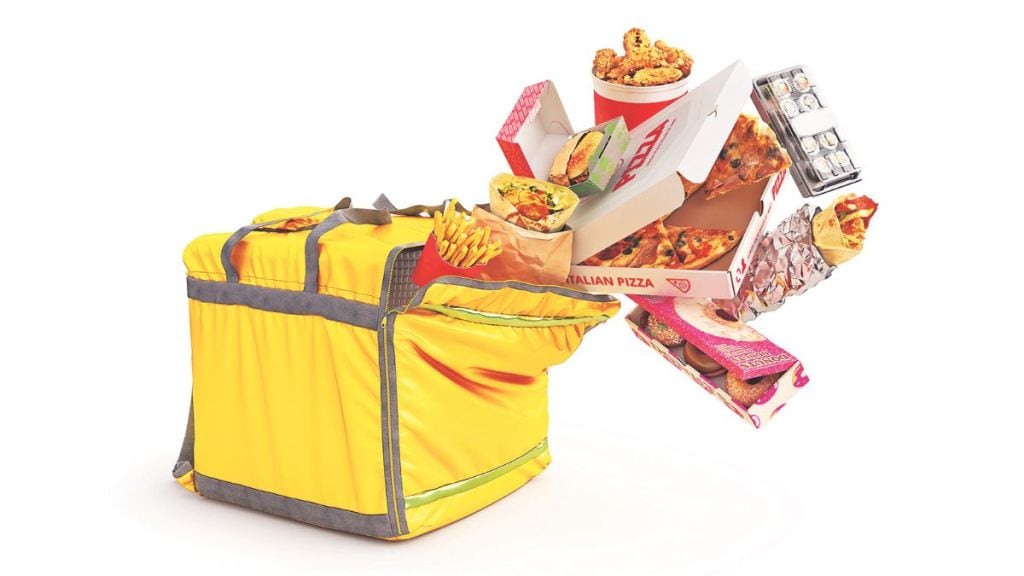Shivaji Dasgupta
In 2023, app-based food delivery businesses in India may clock $35 billion in revenues with a projected CAGR of 20% till 2027. Urban Company is tipped to record numbers over Rs 450 crore in the same period. Ola and Uber generate revenues in excess of Rs 1,000 crore annually. What service-tech aggregators must learn to fear is not predictable organic competition but chronic ‘disintermediation’ by brands and end users.
‘Disintermediation’ was popularised by Nicholas Negroponte, MIT Media Lab, with a view towards removing non-value-adding channels. In the e-commerce era, he curated ‘reintermediation’, wherein new age ‘middlemen’ must operationally curate unreplicable sources of value. For Swiggy, the blend usually includes choice, discounts, P2P ratings and convenience. For Urban Company, a stamp of credibility and professionalism for organising unorganised services.
While providing high-quality engagement, these brands usually underestimate a key customer insight — Indians love to build human relationships and are not happy with corporate facades. Whether with plumbers, drivers, or more. A well-entrenched emotion is aided by the perception that costs will be lower.
From the gig worker perspective, draconian commission structures demanded by intermediaries are easy deal breakers. Blinkit business is stressed as the remuneration of delivery personnel has been slashed. More than 900 restaurants exited the Swiggy Dineout association in 2022 for similar reasons.
The above are aviation turbine fuel for Indian customer behaviour, as the providers of destination value are themselves dismissing the intermediary brands. Domino’s Pizza and speciality restaurants are investing in direct delivery networks that substitute the Swiggy-Zomato nexus. Surely a successful strategy when a customer base exists and a D2C referral protocol is in place.
To restore the original equilibrium, inspired ‘reintermediation’ is necessary. It is easier for Uber as ‘unpredictable immediacy’ is the core customer driver and appreciation for a search engine is fairly unanimous. It is much tougher for Urban Company as successful workers may curate their captive ‘repeat customer’ base. The food apps, standalone restaurants, cloud kitchens and low-loyalty eateries may be thrilled by guaranteed scalability, not the biggies.
In most cases, intermediary brands must be comfortable with a multi-tier affiliate model —many employed individuals donning two hats (regular plus moonlighting) and establishments incubating their parallel delivery channels. To provoke employee loyalty, gig workers can be offered long-term value — a steady career and medical insurance. A rationalisation of commission models in tandem with greater intermediary accountability will be useful.
As technology blends seamlessly with daily living, business value propositions are getting questioned as all customers are hungry for direct connections. For survival and not just growth, ‘reintermediation’ is an unavoidable necessity.
The author is an independent brand consultant and writer


